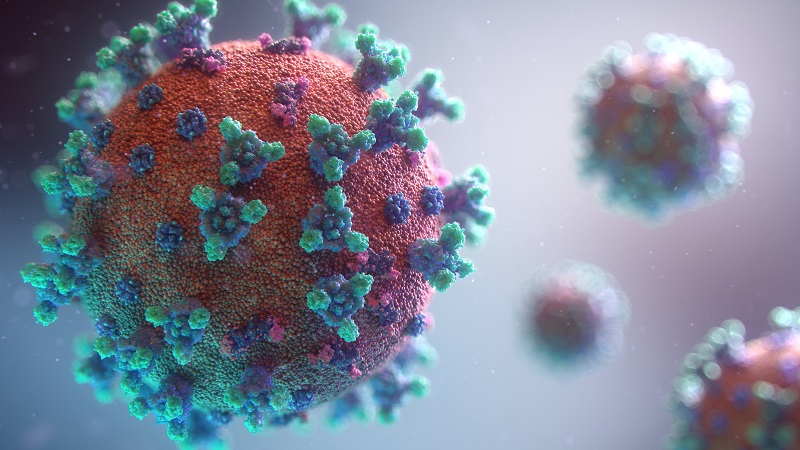The C-Myc Oncogene Is Associated with Aging, New Study Found

The Myc gene is one of the most important drivers of cancer in mice and humans. Myc also plays a newly discovered key role in aging, according to a new study in Cell Reports by researchers at UPMC Children's Hospital of Pittsburgh and the University of Pittsburgh School of Medicine. The study, led by Edward V. Prochownik, MD, UPMC Children's Hematology/Oncology Division and Paul C. Gaffney Professor of Microbiology and Molecular Genetics, has implications for new forms of cancer treatment.
Myc is difficult to study because when it is knocked out in mouse embryos, they die before birth, suggesting that the gene plays an important role in normal growth and development. According to Prochownik, this makes it nearly impossible to understand what Myc does beyond the embryonic stage. To overcome this major hurdle, Prochownik and his team waited until the mice were about 1 month old to inactivate the gene. "Given the importance of Myc in both normal and cancerous tissues, a key question we faced was whether these mice died as embryos," Prochownik said. "After waiting nervously for the first few days after knocking out the gene in the first group of mice, we were relieved when we found that they survived. This allowed us to study the mice for a longer period of time, and that’s what we’ve always wanted to do.”
Within weeks of removing the Myc gene, the researchers noticed that the mice began to age rapidly: their fur had turned gray and lost some hair, and they were weaker, less coordinated and less active than normal mice of the same age. They also developed many of the metabolic abnormalities normally associated with aging. However, despite faster aging, these mice lived 20 percent longer. "At first, we couldn't explain the puzzling finding that rapidly aging mice lived longer," Prochownik said. "The answer became apparent only at the end of the study, when we collected autopsy results from mice that had died naturally. Myc knockout mice had more than three times the incidence of cancer than normal mice."
Prochownik speculates that mice lacking the Myc gene, which is critical for cancer development, fail to develop tumors. This theory is supported by the finding that a small number of tumors do arise in knockout mice, most of which re-express Myc, suggesting that tumors tend to arise from a small subset of cells that successfully escaped Myc inactivation in the first place.
The team also analyzed thousands of tissues from young, old and mice. In both species, normal aging was associated with a gradual decline in Myc expression, but not enough to prevent the emergence of various cancers. "Some people live to 100 and are still very healthy and active, while others age rapidly and die at 65," Prochownik said. "How are these people different? Other studies have shown that Myc is expressed at different levels in different individuals, and we suspect that people with lower Myc levels age faster than those with higher Myc levels.”
Dysregulation of Myc has been linked to the development of many types of childhood and adult cancers, so many pharmaceutical companies and researchers, including Prochownik himself, are working to develop drugs that inhibit Myc to slow or reverse tumor growth. "Because Myc is expressed in so many types of cancer, if you were developing a drug that targets this gene, it could be broadly applicable," Prochownik said. "But our study shows that you have to be very careful because of the potential side effects of premature aging, especially if you're developing this drug to treat childhood cancer."
Key points of the study
• Deletion of the Myc gene throughout the body after birth in mice leads to premature aging
• "MycKO" mice have dysregulation of many genes associated with aging, aging and cancer
• MycKO mice live longer and have lower lifetime cancer incidence
• Normal aging in mice and humans is associated with Myc downregulation
Note: IndiBlogHub features both user-submitted and editorial content. We do not verify third-party contributions. Read our Disclaimer and Privacy Policyfor details.


